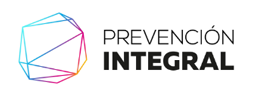The Power Of No: How To Deal With Overload And Burnout
The Power Of No: How To Deal With Overload And Burnout

Let’s face it, some employees are driven intrinsically to impress and take on more and more, and managers tend to over-rely on these people because they are so willing. These employees end up doing disproportionately heavy lifting until—often—it becomes too much and they burn out.
Whether you are an individual contributor, a manager or an entrepreneur, it takes guts to be able to say “No, I realistically can’t get that done on time with everything else I have on my plate.” It even takes courage to say “Maybe” when so many of us worry our jobs are constantly on the line.
In our new book Anxiety at Work, Dr. Rita McGrath of Columbia Business School offered a metaphor for taking on more when you are already feeling overwhelmed: “Your day is a truck, and each hour is a box on the truck,” she said. “When someone delegates to you, be clear to them that a box will have to come off the truck to fit the new one. There are consequences. When it comes to overload, we are not terrific at articulating to each other what our priorities are and what we are working on.”
Pushing back on assignments that will overwhelm us can especially ratchet up anxiety for lower-power people, underrepresented minorities, and younger workers. “It’s almost a disloyal thing to say I’m really overloaded, and this will push me over the edge,” said McGrath. “It’s important for managers to make it okay to have that dialogue; and for leaders to remember that the more senior they are, the more their suggestions are commands.”
McGrath recalls being a PhD student at Wharton. She was busy running a research center, managing undergrads, and completing her own studies, all while commuting an hour each way and raising two kids under the age of four. “I showed up one day and the head of our center introduced me to a visiting scholar from Singapore. He wanted me to escort the professor around for the day. I asked for a word in the next room, and I told him that if he thought that was the best use of my time, I’d do it; but I made him aware of all the things that would not get done that day. His eyes got wide, and he admitted he had no idea.”
McGrath had the courage to speak up to her department chair and have an open dialogue about priorities because trust existed in the relationship. But what about those who feel they just can’t say no to the boss?
There is an acronym I’m hearing lately: GEPO, which stands for “good enough, push on.” GEPO can remind us not to bog ourselves down looking for perfect results, but to focus on delivering a satisfactory service or product and moving on the to the next project. Remember that perfect is the enemy of getting things done.
What about entrepreneurs in this discussion? Small business owners often have a habit of being blown off course by potential revenue sources that don’t quite fit their model or they can be seduced by the latest fads. Lisa Nirell, chief energy officer of EnergizeGrowth, says many entrepreneurs fall into the “Shiny penny syndrome.” As a small business owner herself, she admits she’s not immune: “I love the idea of looking busy, launching new ideas, and putting them in my to-do list—my piggy bank.”
Nirell explained, “On any sidewalk, pennies are the easiest to find; even though they are virtually worthless. Many business owners treat new opportunities the same way. They may have no clue whether the opportunity is going to generate any return on investment, but they love the excitement of finding that shiny penny!”
While Nirell does suggest allowing some flex time in our daily schedules to explore new opportunities, she advises her clients to focus on what they do best and ask themselves (before picking up that penny): “How will this either advance or hurt the fulfillment of our company’s and my personal purpose and vision?”








